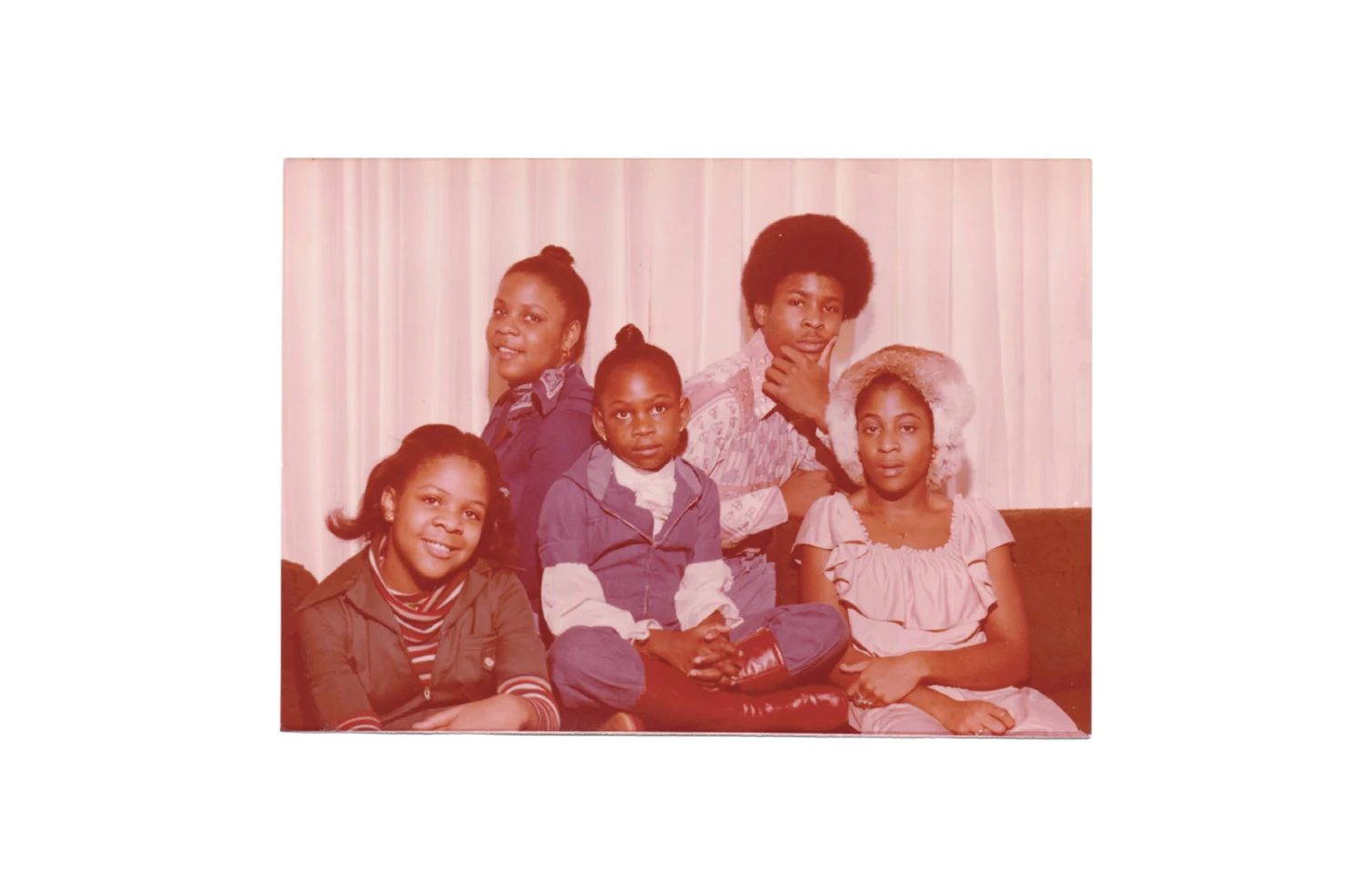simon & nadia: part three
something I found and it’s beautiful
For one human being to love another: that is perhaps the most difficult of all our tasks, the ultimate, the last test and proof, the work for which all other work is but preparation. For this reason young people, who are beginners in everything, cannot yet know love: they have to learn it. With their whole being, with all their forces gathered about their lonely, timid, upward-beating heart, they must learn to love.
Rainer Maria Rilke, Letter to a Young Poet
where I see this in the bible: job 2:13
So they sat down on the ground with Job for seven days and seven nights and no one spoke a word to him, for they saw that his pain was very great.
how it relates to the conversation
In the eight years since we’ve been married, I have lost my mom, my dad, my nephew, my niece, my ex-mother-in-law (who everyone adored), my great-niece, a friend to cancer, and my father. Together we have lost two foster-to-adopt placements, and our beloved school that we thought was our home. We buried a guinea pig (don’t laugh—the grief was real) and our gangsta cat. We lost out on an opportunity to buy a house due to some ridiculous business nonsense in which my husband’s work was stolen from him.
Since we’ve been married, our daughter was bullied in elementary school, and again in middle school. Plus we have shared our home with other brokenhearted children. Add to all of that, Trayvon Martin, Tamir Rice, Mike Brown… to name only a few. And to all of that, Newtown, Parkland, Charleston, Tree of Life, Charlottesville, the border, the Supreme Court, the President’s tweets, racial slurs, sexist slurs. Basically, since my husband and I said I do, I have worn a shroud of grief. And my husband, aka Sci-Fi, my Moses-Boaz, has sat on the ground beside me not speaking a word because he can see that my pain is great. With his whole being, with all his forces gathered about his lonely, timid, upward-beating heart, he has learned to love me well.
simon, nadia and me: the conversation- part 3
BCWWF:
But another racial insult or slur that we witness as a family—I guess it’s an incident—I don’t know how to describe it, is the number of times in public that people do not want to put us together. I feel like when we go out our whole story is out and obvious. But still we will hear, “Is this going to be one check or two?” when we’re out to dinner.
I get so many questions about how we’ve met. Which is so funny to me, because I meet white people everyday, all day. Meeting white people is the thing I do most, really. So, I meet more white people day-to-day than I do black people. And I think it’s funny when people are shocked that I would actually know a white person to marry. They don’t realize that I’ve been to their homes more than they’ve been to mine—that is if they‘ve ever been to mine. I don’t think they realize that whiteness is the dominant culture. It’s not hard to find or get to. It’s everywhere.
Actually, Simon, I really think that some white people think that you were driving through the inner city where I lived as a single mom in Chicago and you saw me and I was “pretty to be a black girl” with a cute, Rudy Huxatable-looking kid. So, you rescued me and married me. I’ve had a couple of people tell me that I’m lucky to have you—like you settled.
SIMON:
Cause of course, I think they think I took pity on you…
NADIA:
Yeah, of course.
BCWWF:
When I tell them that we just met at a friend’s BBQ and they there wasn’t a rescueablackwoman.com dating site or hookupwitharedheadedbrit.com, it’s like they’re almost disappointed. This is strangers, not people that really know us. People who don’t know us need our relationship to be something conscious that we planned and sought out. But really, we’re just like most any love story. We were just two people living our lives without a conscious thought or plan about meeting someone, let alone marrying someone from a different race.
NADIA:
I’ve had some people just straight up assume that I’m somehow biracial.
(all laugh)
NADIA:
They just assume it. They’ve said stuff like, “Simon’s your stepdad? I thought he was your dad and your mom was just really, really dark.” And, I’m like, “Can we end this conversation?”
(all laugh)
BCWWF:
Cause it doesn’t even work like that.
NADIA:
Or, I’ve had friends who I’ve had to alert that Simon’s white because they’re expecting someone else.
SIMON:
Yeah. Yeah. I don’t blame you. Get that awkwardness out of the way.
NADIA:
So, I’ll tell them, “My stepdad’s coming and he’s a red-head and British.” And, it’s not because I care but because it really obviously throws a lot of my friends off guard.
BCWWF:
Well, I remember Simon and I had our first hateful racist incident because someone didn’t like that we were together.
SIMON:
Oh yeah. I was gonna mention that.
BCWWF:
We were walking down Slaughter Lane and someone rolled down their window and threw a cigarette butt at us.
SIMON:
Right at us.
BCWWF:
And you screamed at the car and thought it was a guy just being jerk but I was like, ”Well… he’s being a jerk because he didn’t like what he saw in us.” And you were adamant that it couldn’t have been that, at first. It didn’t take you long to realize that seeing us as a couple was the reason he did it.
SIMON:
I thought, “When else has that ever happened in my life when I was walking down the street and someone threw something at me?” No, it was deliberate.
BCWWF:
So, what feelings around race give you both trouble?
NADIA:
I feel like for me—well, I’m not sure that this is a trouble—but I’m gonna consider it a trouble. I feel like for me it’s the hair. I don’t mean just explaining my hair or people touching my hair. I’m talking about a whole other thing— white friends giving me suggestions on what to do with my hair, when they really don’t know anything about my hair.
BCWWF:
Say what?!? What suggestions have you heard?
NADIA:
I have had friends say, “You know what would look really good on you? Dreads.”
BCWWF:
What?!?
NADIA:
I had one white friend say I should get a weave.
BCWWF:
Oh, my gosh. Unsolicited?
NADIA nodding:
Oh, I’ve heard, “Just get a weave. Or cornrows would look really good.” I feel like saying, “Are you just naming stuff?”
(all laugh)
NADIA:
Did you just learn a fact about my culture and… what? Are you just trying to show how much you know about African American people? That’s weird.
SIMON:
That happened to a co-worker of mine. Our boss told him that he should try dreads.
BCWWF:
It’s comical how often I am stopped in a grocery store by a white person who bee-lines to me to give me some clearance for my hair. And, I call it giving clearance. “I love your hair!” Which is really, “I validate your choice to exist as you.” Cause really, who else is getting hair compliments in Target on the regular? Is it just my hair? I’ve learned to be gracious about the hair thing because I do think that our hair is a gift. It’s a gift that represents a lot of time and energy and emotions. So, when Solange sings, “Don’t Touch My Hair.” I’m like, “Yaasssssss, because you don’t understand what you are touching.” Like, she says, “You don’t understand what it means to me.”
From a very young age as little girls, our mothers’ first connection to us is hair. The first labels—good or bad—that black women are given often come from our mothers as they are doing our hair.
BCWWF:
So, Simon, what gives you trouble about race?
SIMON:
The first thing that comes to mind immediately, I think, is being afraid of saying the wrong thing. That’s one of the biggest hang-ups in conversation, “What if I say the wrong thing?” Cause I could really say the wrong thing and not even know that it was in my head. And, if I say something that’s wrong, then I’m questionable and it invalidates me all of a sudden because I’ve said this really ridiculous and insensitive thing that you’re not supposed to say. Right?
BCWWF:
Right.
SIMON:
That kinda situation is really horrifying. It’s just horrifying. Like earlier when I was describing my school friends and I said they were all different colors. I was thinking, Can I say that? I don’t know if I can say that. I’m gonna say that. I said that. Is what I said alright?
BCWWF:
Right.
SIMON:
Again it’s those words involving color—white, or black or brown. That’s the hardest thing. It’s one of the biggest barriers I face—not knowing how to talk about it and therefore avoiding it because I’m afraid of saying the wrong thing and having myself labeled ignorant.
BCWWF:
Or racist!
SIMON:
Possibly racist—but, at the very least ignorant.










